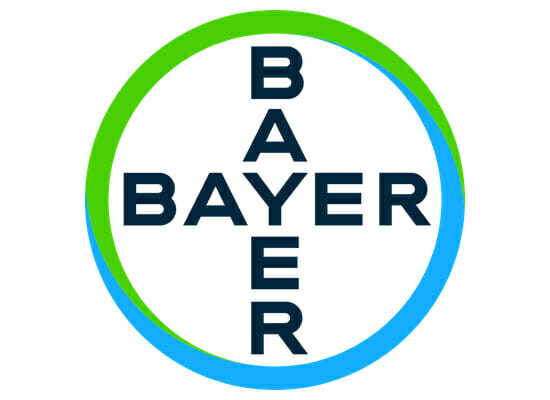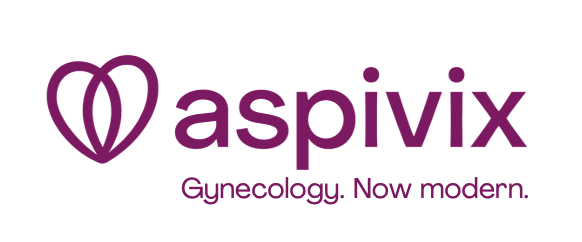
Innovators Transforming the World of Intrauterine Devices (IUDs)
After a long time coming, Sexual and Reproductive Health has finally arrived at the front and center in the global public health agenda. Family planning initiatives from governments and non-profit organizations have sounded the alarm to warn that much more needs to be done to tackle the unplanned pregnancies pandemic.
According to Melinda Gates, Co-Chair of the Bill & Melinda Gates Foundation:
“ When a woman has the power to decide when to get pregnant, she has power over her future. Empowered women transform societies.”
Family planning is a key part of the Foundation’s commitment to empowering women.
Meet the trailblazers disrupting the Intrauterine Device market
Modern Intrauterine Devices (IUD) have come a long way since the invention of the T-shaped Copper IUD in the 1960s. The Hormonal IUD came soon thereafter, to mitigate the bleeding caused by the Copper version.
In the past 20 years, innovation has been fueled by the need to improve performance but also the opportunity to expand its suitability to more women. Today, IUDs are the preferred birth control method for about 17% of women taking contraceptives worldwide.
But more needs to be done – in innovation, education, and access – to bring IUD to the mainstream. Meet some trailblazers committed to disrupting the IUD market: OCON Healthcare, Medicines 360, Bayer Women’s Healthcare.
OCON Healthcare, Israel: Re-imagining the IUD
OCON started off 10 years ago with one goal in mind: to design the next generation IUD (intrauterine device) with the woman’s body and well-being in mind. Ballerine ® was launched in Europe. The Intrauterine Ball (IUB) is a small, soft, ball-shaped intrauterine device that is hormone-free and effective for up to 5 years.
The design was conceived for a better fit in the uterus cavity than the traditional T-shape IUD. Thus, addressing concerns some clinicians and women have around perforation and overall safety.

To date, more than 100,000 women in 30 countries in Europe, Israel, and South Africa have used the IUB. OCON has been recognized multiple times for its disruptive innovation. Most recently being one of the winners of the Jury Innovation Award at the Women’s Health Innovation Summit. The IUB is not yet available in the US market.
Medicines 360, USA: Democratizing access to IUD
A mission-driven global nonprofit, Medicines 360’s ambition is to make sure that all women have the same access to quality medicines, regardless of their socioeconomic status, insurance coverage, or geographic location.
By working alongside healthcare providers, advocacy groups, and patients, Medicines360 has been able to deliver on its promise. In 2015, in partnership with Allergan Pharmaceutical (now ABBIVE), Medicines360 received FDA approval for Liletta® a hormonal IUD. Since then, Liletta is available at a lower cost to public health clinics in the US.

Revenues from Liletta go into development and access programs for Avibela, a hormonal IUD similar to Liletta. In 2018, Avibela was introduced in Madagascar, then in Zambia. Just last month, Medicines360 launched #NotAwkward.
This campaign encourages positive conversations about birth control to remove the barriers women face when seeking contraception. Women can share their stories about accessing birth control using #NotAwkward on Twitter and Instagram.
Bayer Women’s Healthcare, Germany: Creating a suite of hormonal IUDs
Hands down Bayer is the market leader in the Hormonal IUD space. For the past 20 years – Bayer has created a suite of Hormonal IUDs – that target women with different birth control needs. Its portfolio consists of known brand names such as Mirena, Kyleena, and Skyla.
- Mirena and Kyleena are approved for 5-year use with slightly higher hormone levels.
- Skyla is approved for 3-year use with lower hormone levels.
- Skyla and Kyleena are smaller in size and aimed at women who haven’t had children.

To take on myths about IUDs, in 2019 Bayer launched the first-ever TV Ad campaign featuring both the Mirena and Kyleena to not only explain what the levonorgestrel-releasing IUDs do but also impart basic knowledge about IUDs.
Most recently, in August 2020, Bayer in partnership with Direct Relief, launched the We’re for Her initiative, to ensure that women in underserved communities in the USA can get access to effective contraception.
Conclusion
A change is never the result of a few lone players. There are always many actors (big and small) involved in transformative movements. Do you know other companies bringing innovation to the world of contraceptives? Let us know and share this article so more women are aware of their options and possibilities.
Sources:
- Global, regional, and subregional trends in unintended pregnancy and its outcomes from 1990 to 2014. (2018)
- Melinda Gates LinedIn
- History of intrauterine devices. (1975)
- The Twisted History of IUD Design. (2017)
- Contraceptive Use by Method. (2019)
- “We wanted to ensure the next generation IUD is designed with the woman’s body and well-being in mind.”(2020)
- Israeli FemTech startup OCON lands $2M for its alternative contraceptive solution. (2020)
- The Next Generation of IUD: IUB™ Ballerine®
- Press Releases.(2020)
- Press Releases.(2020)
- How this S.F. nonprofit just set a new standard for birth control. (2019)
- Mirena, Kyleena, Skyla & Liletta – What’s the difference? (2019)
- Bayer and Direct Relief Team Up to Help Remove Barriers So More Women Can Gain Access to Contraceptives. (2020)
Share this story:










